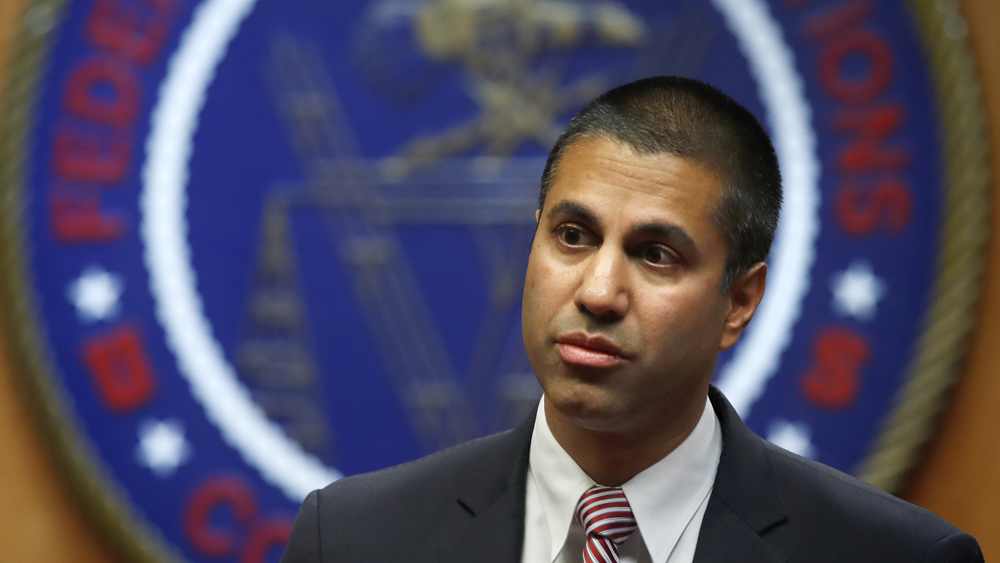FCC Takes First Step Toward Easing Children’s TV Mandates on Broadcasters
By Ted Johnson
LOS ANGELES (Variety.com) – WASHINGTON — The took the first step toward easing rules on the amount and type of children programming that broadcasters must provide to maintain their licenses, a move that has drawn criticism from Democrats on Capitol Hill and from some parents groups.
The proposal — which will now be put up for a period of public comment — will eliminate rules that require that informational and educational programs be 30 minutes or more in length, and that they be regularly scheduled. But critics say that the proposals risk watering down the mandate that stations devote a set number of hours to quality children’s programming.
FCC Chairman Ajit Pai said that it was “beyond time” to take a look at the rules, noting the huge changes in the media landscape since the Children’s Television Act was passed in 1990. That mandated restrictions on the amount of time that broadcasters could devote to advertising during children’s programming, and that stations serve the educational and informational needs of kids.
Commissioner Michael O’Rielly, who has been spearheading the revision of the rules, said that the current requirements do not make sense in a landscape where so many children use DVRs and watch on demand. He also has noted that there has been a proliferation of programming via cable and satellite platforms and internet streaming.
He wrote earlier this year that “it is hard to conclude anything other than the market for children’s programming is booming.”
“With today’s dynamic media marketplace there are very little, if any, additional benefits provided by the Kid Vid rules,” he wrote.
At the Thursday meeting, he said that the requirements have been so onerous on broadcasters that some have “foregone local newscasts and public affairs programming and live events on Saturday morning.”
The FCC in 1996 adopted a specific requirement that stations air at least three hours a week of educational or informational children’s programming or face challenges to their license renewals. The proposal will take comment on whether that requirement should be updated in determining compliance.
Another proposal would allow broadcasters to choose which of their multicasting stations to air the programming — on their main broadcast channel or one of their over-the-air digital multicast channels.
“The launch of this rule making is the beginning of the process, not the end,” he said.
Pai and O’Rielly were joined by Brendan Carr in voting to advance the proposal.
Commissioner Jessica Rosenworcel voted against it.
“This is not the effort our children deserve,” she said. “It takes the values in the Children’s Television Act and instead of modernizing them for the digital age, seeks to discard them with a cruel disregard for the children left behind.” She said that the proposals have to take into account that while viewing habits have changed to new platforms, some 24 million Americans do not have broadband access at home.
On Wednesday, Sen. Ed Markey (D-Mass.) and Sen. Richard Blumenthal (D-Conn.) held a press conference to warn against the proposed changes. Markey said that he was not opposed to the idea of modernizing the rules, but that the FCC needed to first conduct a more substantial inquiry into the potential impact of changes in the rules. Groups like the Parents Television Council and Common Sense Media also would like more study.
“We shouldn’t deregulate simply for deregulation’s sake and especially not for rules that impact our nation’s most vulnerable residents, our children,” Markey said in a statement on Thursday.
“I am deeply disappointed that the FCC has moved forward to change these rules without undergoing a thorough fact-gathering process to develop a complete understanding of how these changes will affect children, particularly millions of children from low-income and rural communities.”

